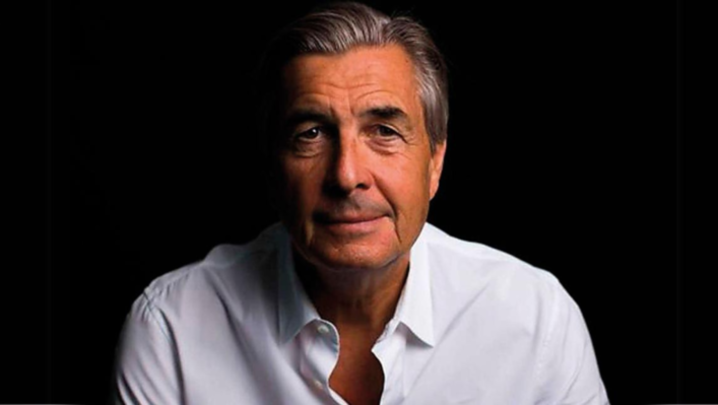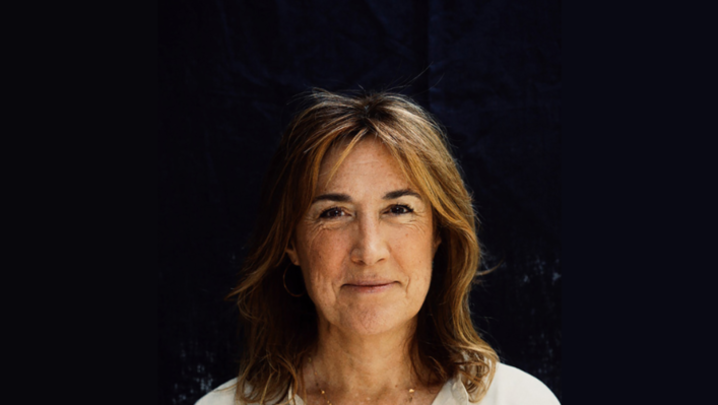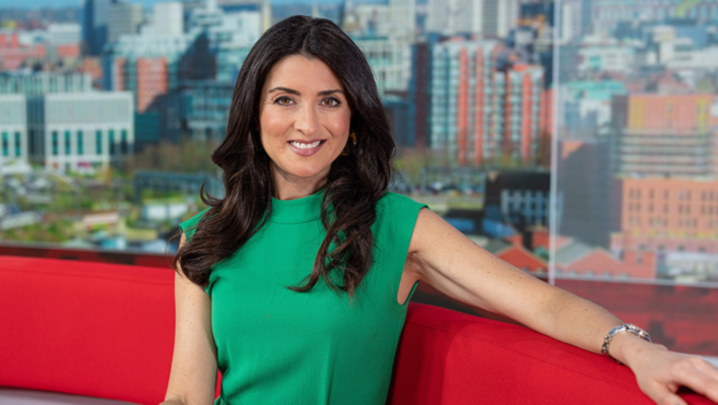Amol Rajan receives a surprise gift from Boris Johnson and worries if journalism can survive the threat from the digital economy.
The general election coincides with my completing six months at the BBC. There is so much about my old job, as editor of the Independent, that I miss. But, on the whole, I am glad to have made the move, not least because my belief in public broadcasting has grown exponentially.
And for one reason above all. Part – though far from all – of my job is doing news about News.
News – the real stuff, made up of facts, and selected through wise judgement – is in big trouble.
Here are seven threats, many inter-related: the collapse of newspapers; Facebook and Google’s control over advertising; echo chambers on social media; fake news; the rise of conspiracy-mongers such as InfoWars (and their promotion by the White House); state propaganda from rising powers; and the explosive growth of PR.
Even in concert, it seems to me, they need not sound the death knell of journalism. But they could, unless things change. One solution is to make news pay.
That means restoring the connection between quality news and paying for it. A licence fee is one way of doing that. I did a package for the Ten O’Clock News about how, compared with the US, British voters are seeing a better quality of news on their social-media feeds.
"Did you know that the five biggest companies in the world are now tech companies?"
One reason for that is the continuing dominance of the BBC over our news agenda. That influence has many critics, of course; but the fact is that the rise of fake news and echo chambers strengthens, rather than weakens, the case for a broadcaster that serves the public rather than the state or commerce.
In his seminal work of 2004, Decline of the Public, David Marquand wrote of a public domain that was being hollowed out. That was long before social media filled it with sound and fury signifying nothing.
Today, control of the public domain has been, to a large extent, ceded by governments and people to technology giants. Did you know that the five biggest companies in the world are now tech companies? This is, of course, the little-noticed, and still less lamented, revolution of our time.
Talking about the reinvention of the public domain, during the leaders’ debate on Sky News and Channel 4, Tory MPs were using social media to pump out their lines to take. All the political parties do it, of course; but, at one point, Sajid Javid, Jeremy Hunt, Matt Hancock and Boris Johnson were all tweeting to the effect that only the Prime Minister could make a success of Brexit.
Goodness knows whether it was them or their advisers hitting send, but I often wonder what Boris, especially, must make of this alleged need for message discipline. I was reading his book on Churchill when my son, Winston, was born. There was a comment in it that people don’t call their sons Winston any more.
I wrote to Boris to say that some do. He promptly sent me a copy of the book with a charming inscription. Call me a romantic, but it seems a shame that our new public domain requires a highly capable writer to pump out the party line when his boss is up in front of the public.
Have you seen the Netflix documentary Get Me Roger Stone? It’s superb. Some years ago, my boss, James Harding, wrote a book called Alpha Dogs about how the culture of political advice and lobbying in the US became a lucrative, global industry.
This documentary, featuring many of the same characters, gives that argument a sinister twist. Stone, an ultra-conservative, muscular dandy with bizarre hair and a tattoo of Nixon, is cast as an American Iago, whispering evilness into the ears of anyone who will listen.
He was pushing for Donald Trump to run for president decades ago. Now, he’s got his guy in power. Just as you can’t understand the direction of television without understanding Netflix, so you can’t understand modern America without seeing what happened when some people said, “Get me Roger Stone”.
Amol Rajan is the BBC’s media editor.







